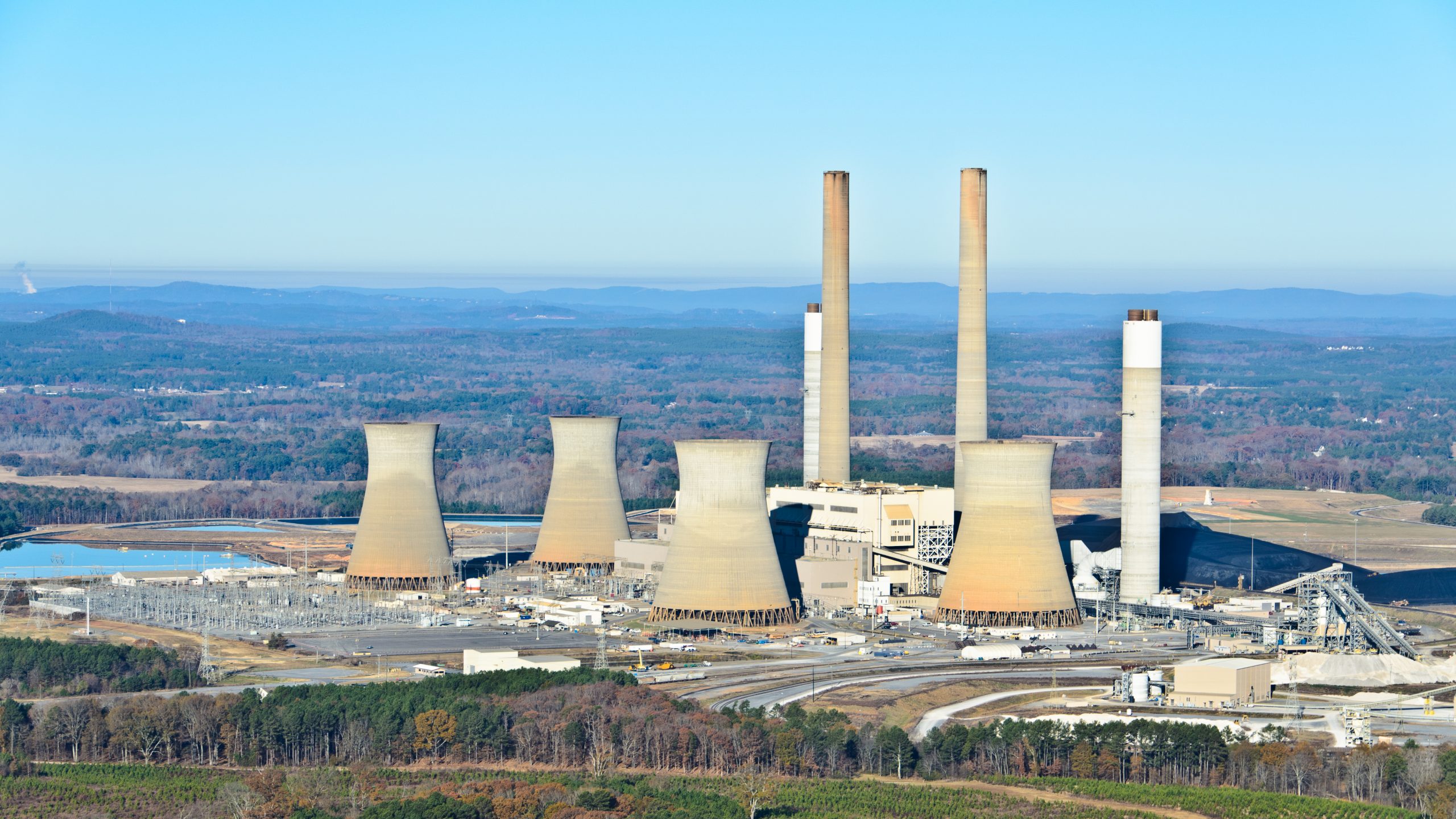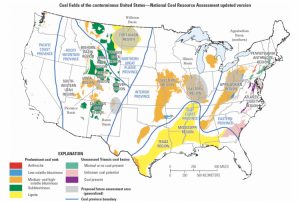Environment
Short Takes
Georgia’s new data center rule increases local controlDecember 1, 2025

By David Kyler, executive director, Center for a Sustainable Coast. St. Simons Island

July 13 –The Supreme Court’s June 30 ruling that blocks EPA restrictions on the release of heat-trapping greenhouse gases (GHGs) at powerplants will further endanger the public with escalating perils resulting from Earth’s overheating climate. (Read how Georgia urged the Supreme Court to restrict EPA.)
Already we witness unprecedented damages brought by human-caused climate disruptions: drought, wildfire, flooding, and the destruction of both marine and land-based food supplies.
Scientists warn that unless greenhouse gas emissions are decisively and rapidly reduced, the world’s climate will further overheat, producing irreversible damage to essential life-support systems.

Until this recent Supreme decision, for decades federal environmental law had been interpreted — and validated by various court decisions — to provide enforcement agencies with pragmatic discretion needed to enable them to identify and lawfully respond to activities threatening the public interest.
Through their decision, the majority of justices up-ended that well-established precedent, instead finding that Congress must specifically delegate such authority to regulatory agencies. Yet, Congress has become chronically grid-locked, preventing any timely prospect of adopting the legislative outcome needed.
Until and unless there is a Democratic majority of at least 60 in the Senate, or the filibuster rule is eliminated, no federal remedy for properly regulating GHGs will be possible. That makes legislative action by states to reduce these emissions even more important.
Numerous surveys find that most Americans are justifiably concerned about the climate issue. Voters who are among that majority are well advised to carefully decide which candidates can be counted on to support the actions needed to curb the worst harms of climate change.

0